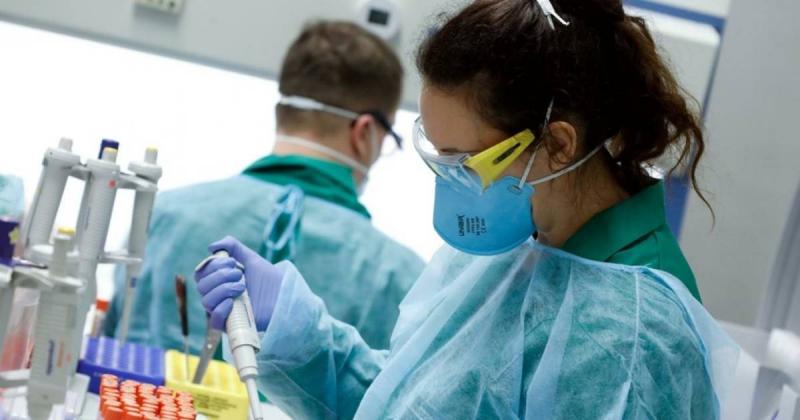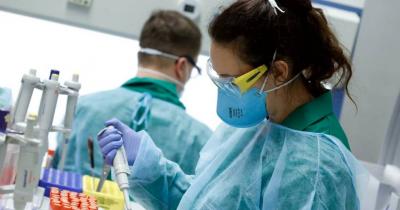Minister of Health in the caretaker government, Hamad Hassan, reflected on the accusations made against him and Minister of Industry Imad Hoballah when they refused to reopen the country during the holidays at the end of 2020, stating: "When I stood with Minister of Industry Imad Hoballah against reopening the country during the holidays, we were accused of making a sectarian decision."
In a televised interview with the Lebanese channel Al-Manar, Minister Hamad Hassan indicated that the primary issue lies in the implementation of decisions issued by the COVID-19 committee and the failure to assume responsibilities, stressing that they have never neglected their duties. He explained that citizens can’t find a bed in private hospitals unless they pay a substantial amount when mentioning "COVID-19."
Hassan noted that it is impossible to shift a healthcare sector that operates 80% under private services to the public sector. In his remarks, he highlighted that Lebanon was the first country to sign with Pfizer for the COVID-19 vaccine, mentioning initial requests for the signatures of the president and the prime minister, and how recently in Argentina, Pfizer promised a law to protect companies. He stated that just last week, they received an email indicating that once a bill is proposed from the health committee, they will send the contract.
Discussing the epidemiological situation in Lebanon, Hassan expressed concern about exceeding the positive test rate, leaving no choice but to impose lockdowns. He revealed that the surge in COVID-19 cases was due to a significant number of citizens getting PCR tests following the holidays. Hassan called for support from security forces and relevant authorities since the Ministry of Health cannot bear the burdens alone and attributed the outbreak to the Beirut explosion and the holiday period, insisting that the ministry has not fallen short and that citizens must adhere to home quarantine.
"We are in a national crisis that requires everyone's help, and unions must take responsibility," he asserted. He mentioned that there is no issue with the number of regular beds in hospitals, but there is a need to convert ICU units into COVID-19 wards.
Earlier on the same day, the chairperson of the Health Committee in Parliament, MP Assem Araji, likened the lack of compliance with COVID-19 preventative measures to herd immunity. He warned against pursuing such herd immunity, calling it unethical, and stated that it would lead to significant loss of life, urging the public to follow preventive measures and guidelines, as decisions and actions will not yield the desired results unless the public complies.
Araji called for stricter lockdown measures than those decided by the ministerial committee, with compensation for poor and low-income individuals instead of government support going to big traders, asserting that what was decided might limit the rise in infection numbers but would not achieve the desired outcomes. He indicated that controlling the COVID-19 outbreak requires time and more commitment while awaiting vaccine distribution, aiming for 70% of the population to be vaccinated.
He attributed the significant increase in COVID-19 cases to the chaos that ensued after New Year's and Christmas due to the lack of adherence to preventive measures, which allowed the virus to spread within households. Araji praised the committee's call for a full lockdown lasting three weeks, emphasizing strict enforcement of these measures, noting that there are no available spots in hospital ICU wards, with 466 patients in critical care, 141 of whom are on ventilators, leaving only 34 available beds.
He expressed surprise at the measures taken by the government and the large exceptions agreed upon, which were not supported by the health committee, reiterating their stance on full lockdown. He emphasized the shared responsibility between citizens and the state regarding the implementation of measures, labeling it a matter of legal accountability for those transmitting the virus.
He concluded that the state needs to release funds for hospitals and that meetings should be held between the hospitals' syndicate and insurance institutions to reach agreements rather than shifting blame onto each other. Araji revealed that the committee decided to listen next week to the Minister of Health or Dr. Abdul Rahman Al-Bizri to explain the vaccine distribution process and how it should be administered, suggesting that some committee members advocate for vaccines from multiple sources to avoid shortages, rather than relying on a single company.




